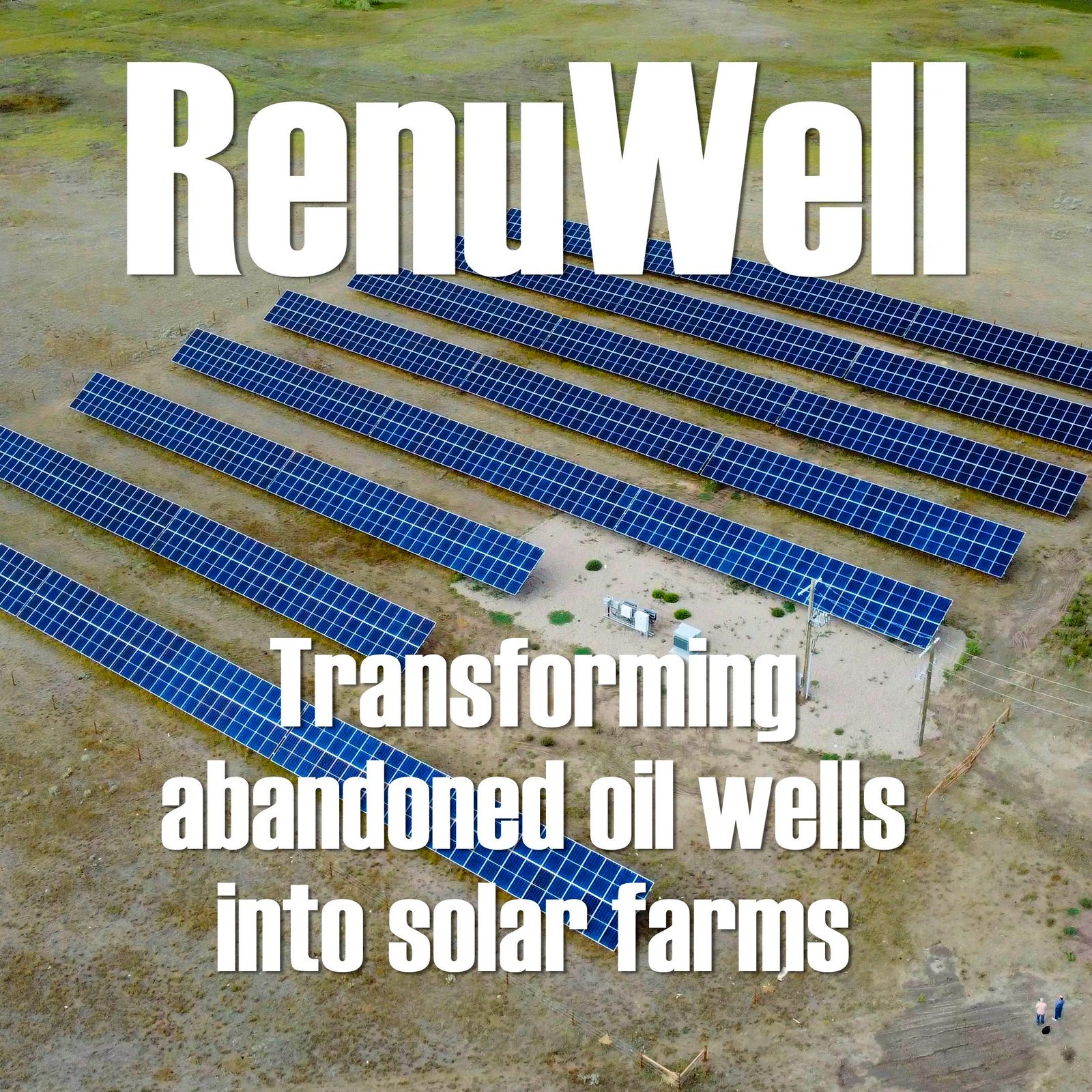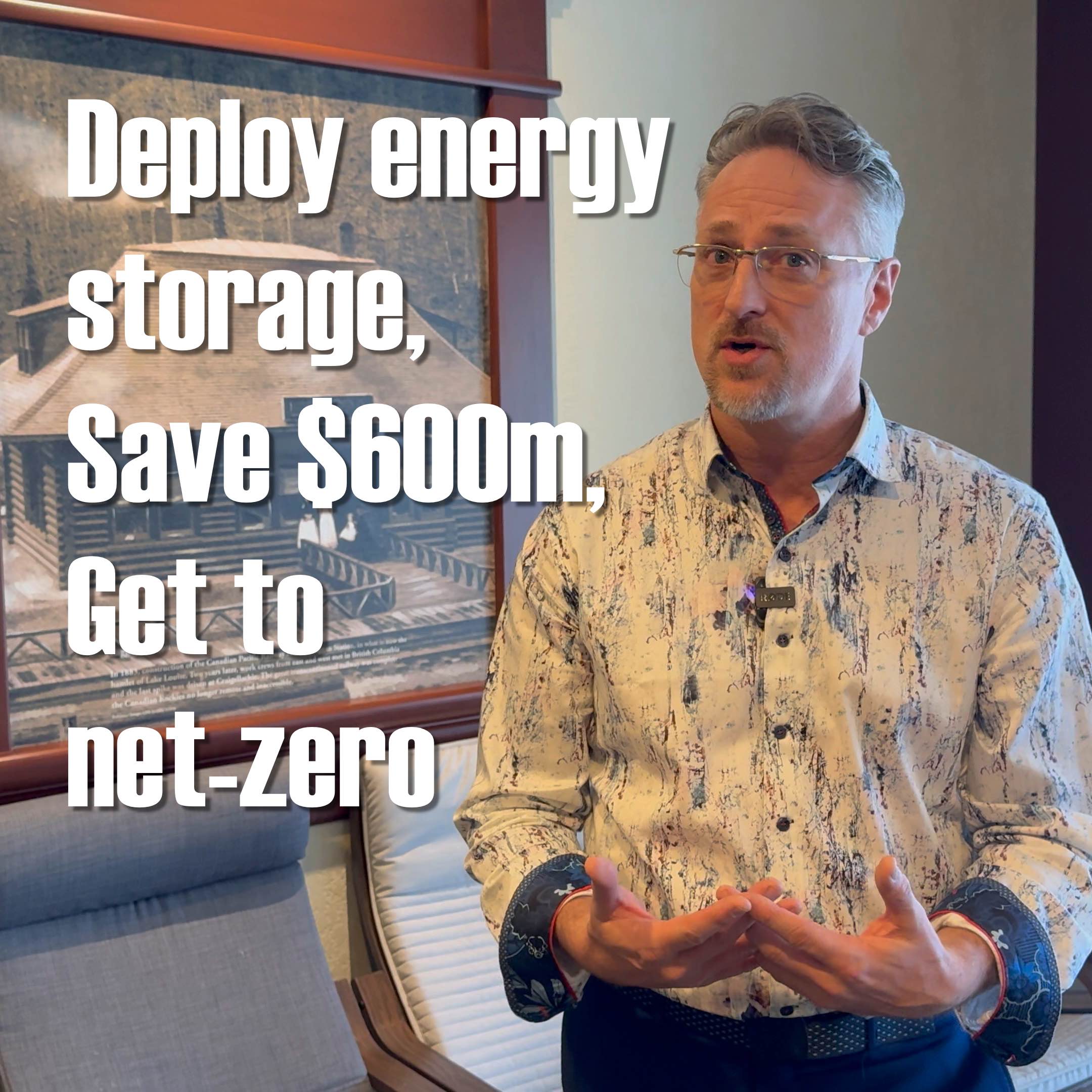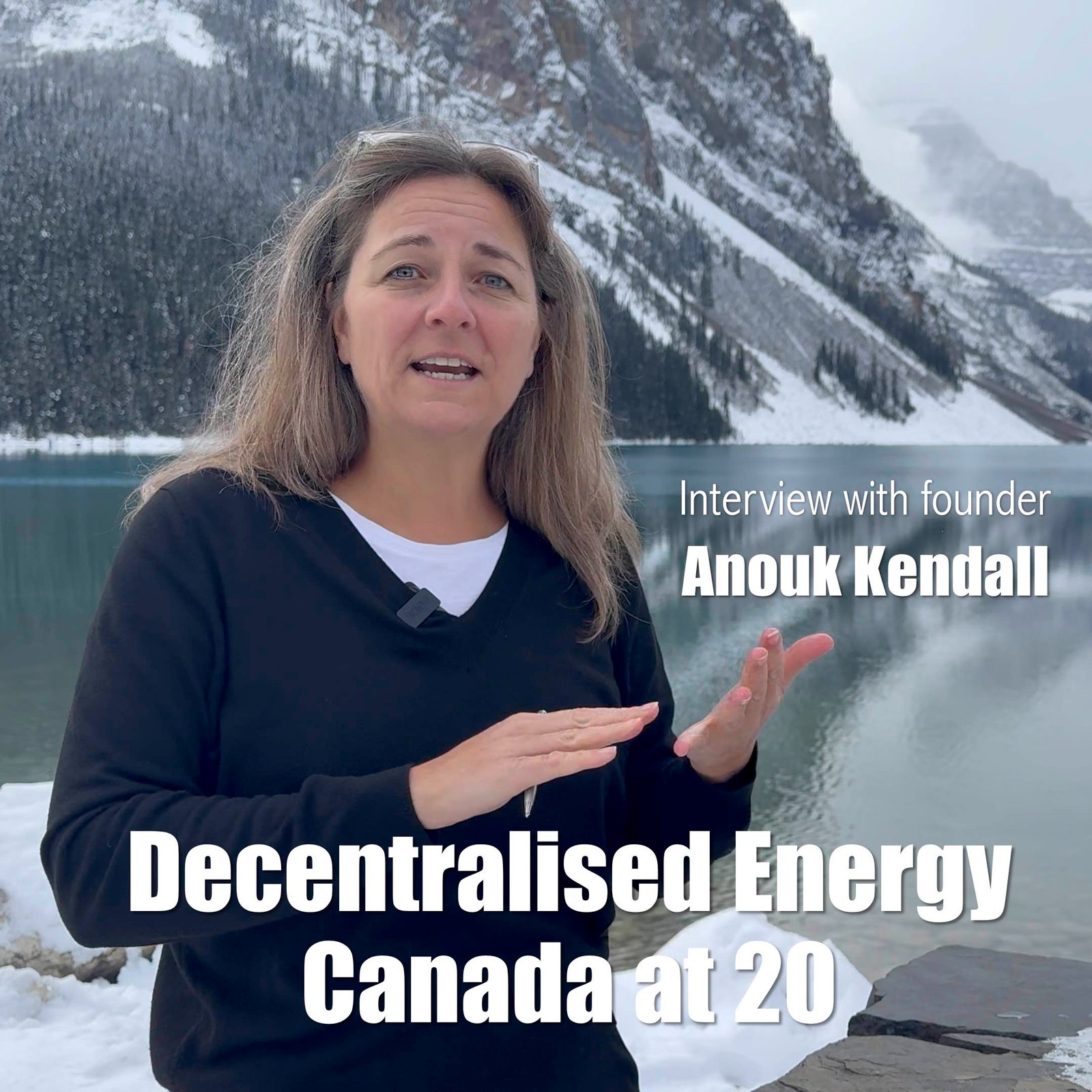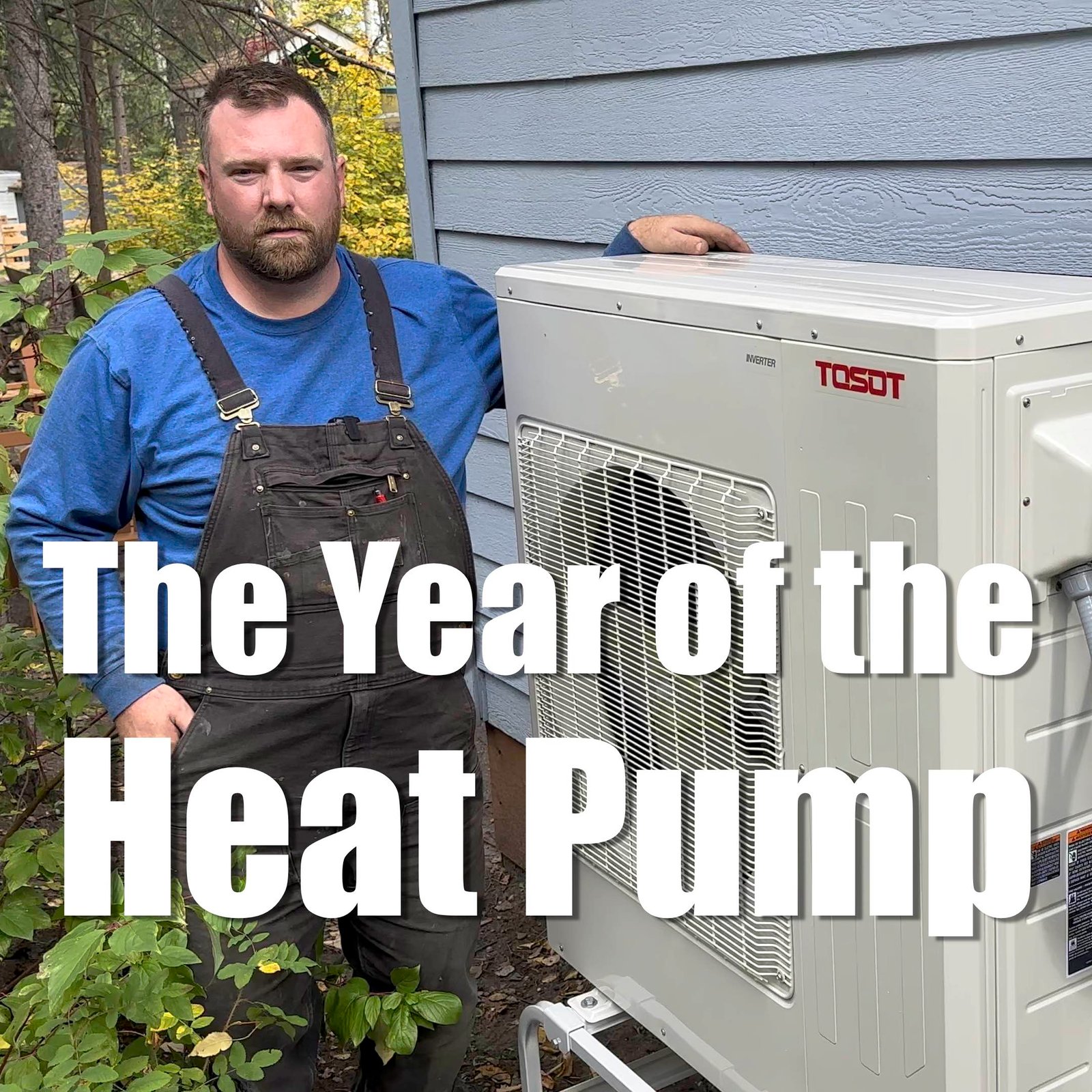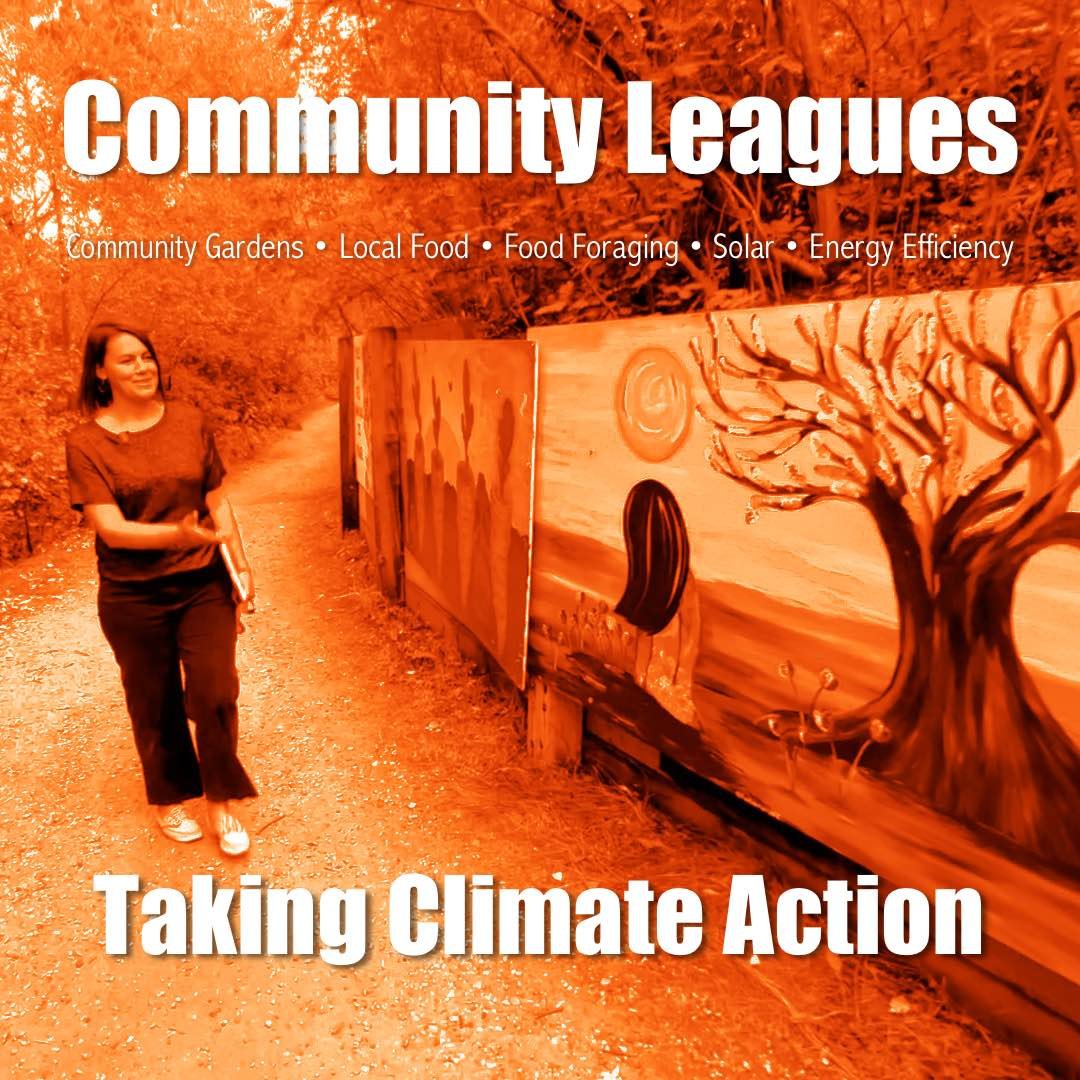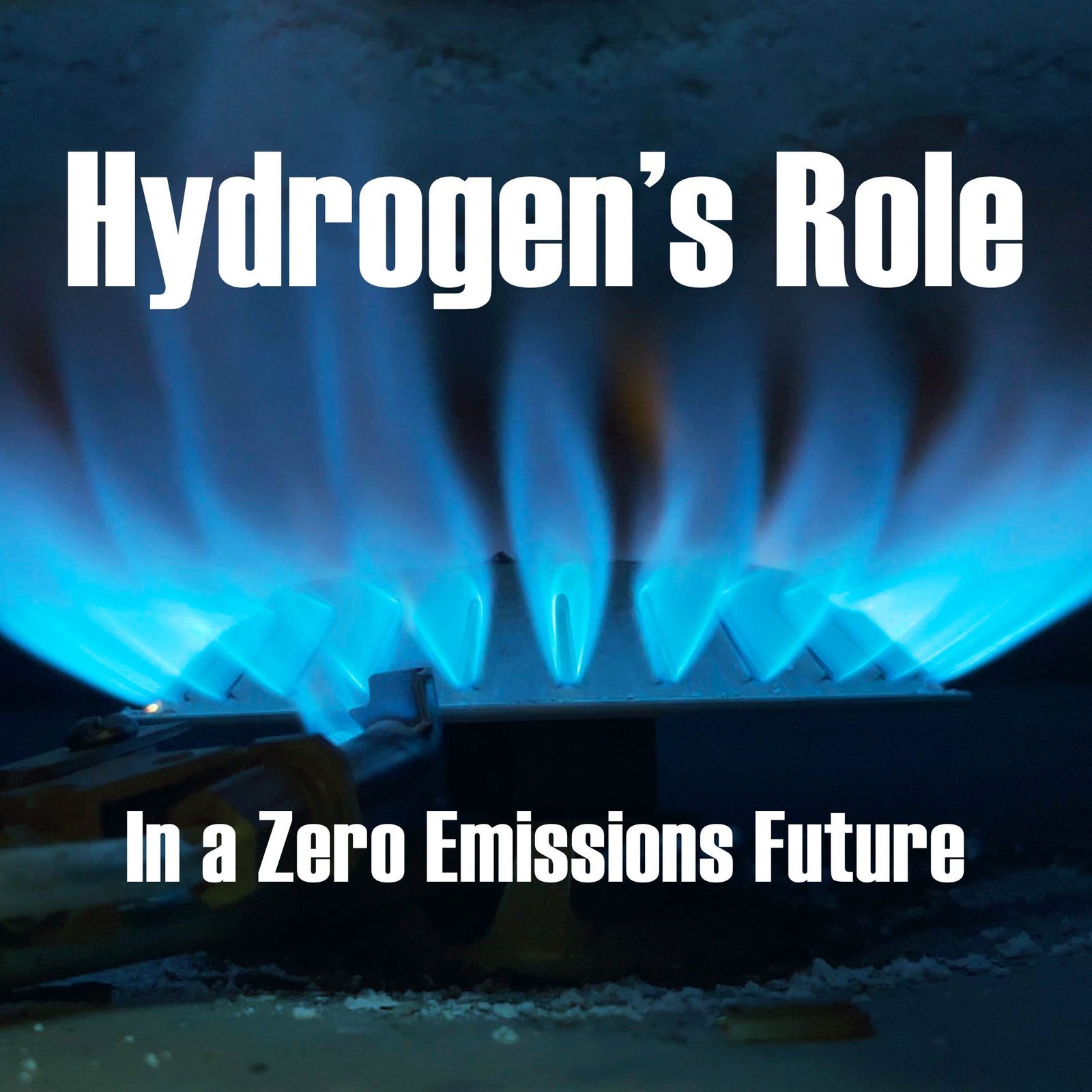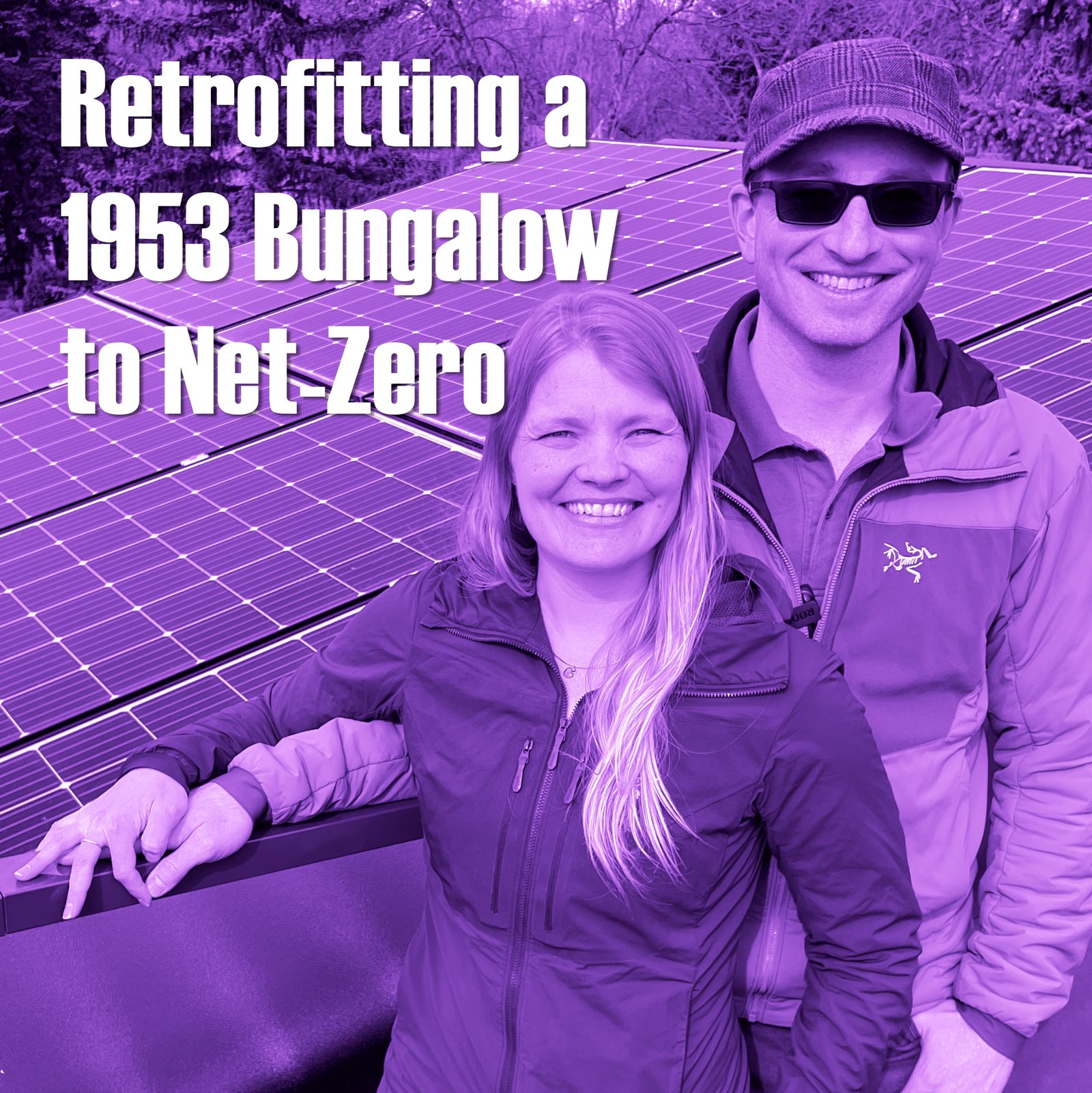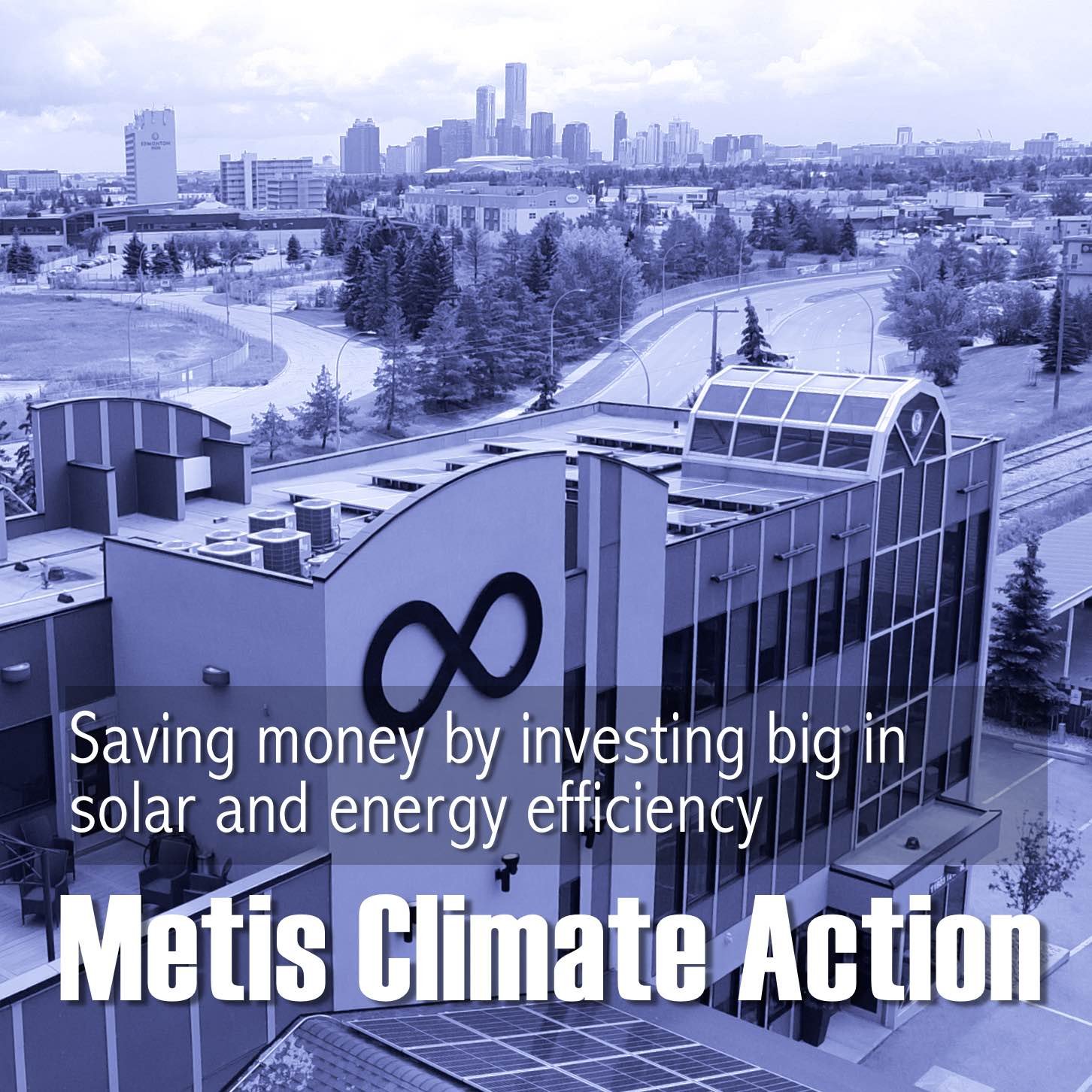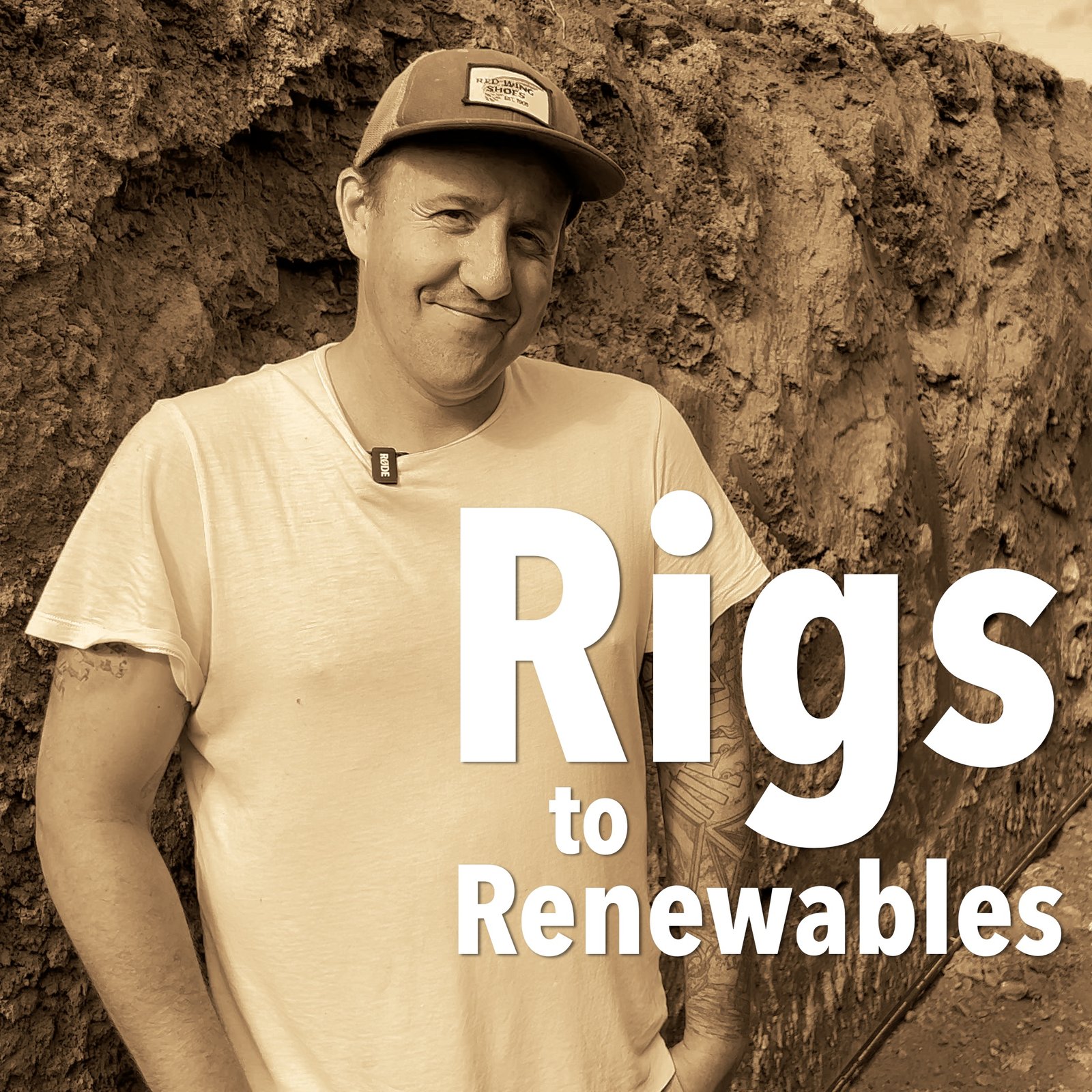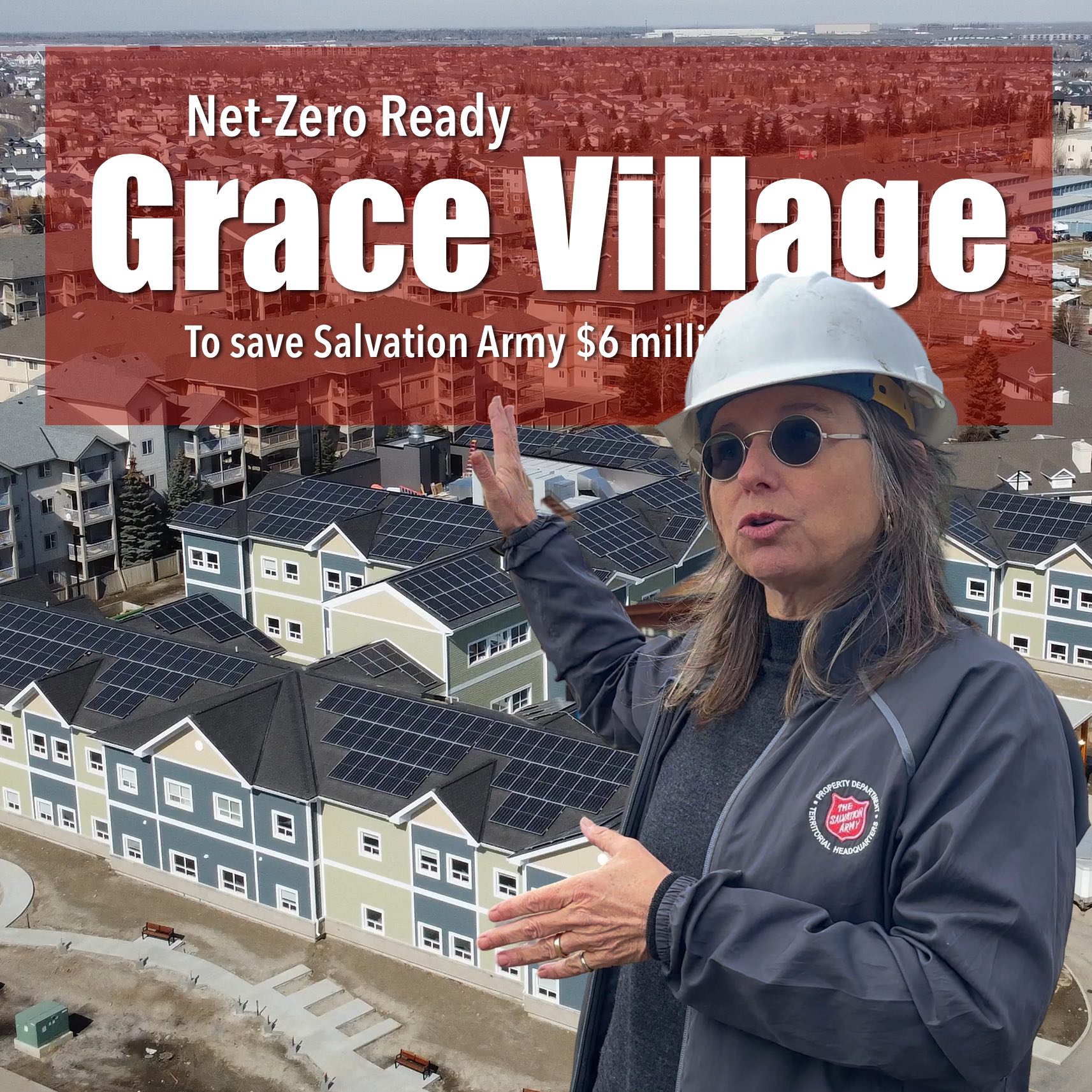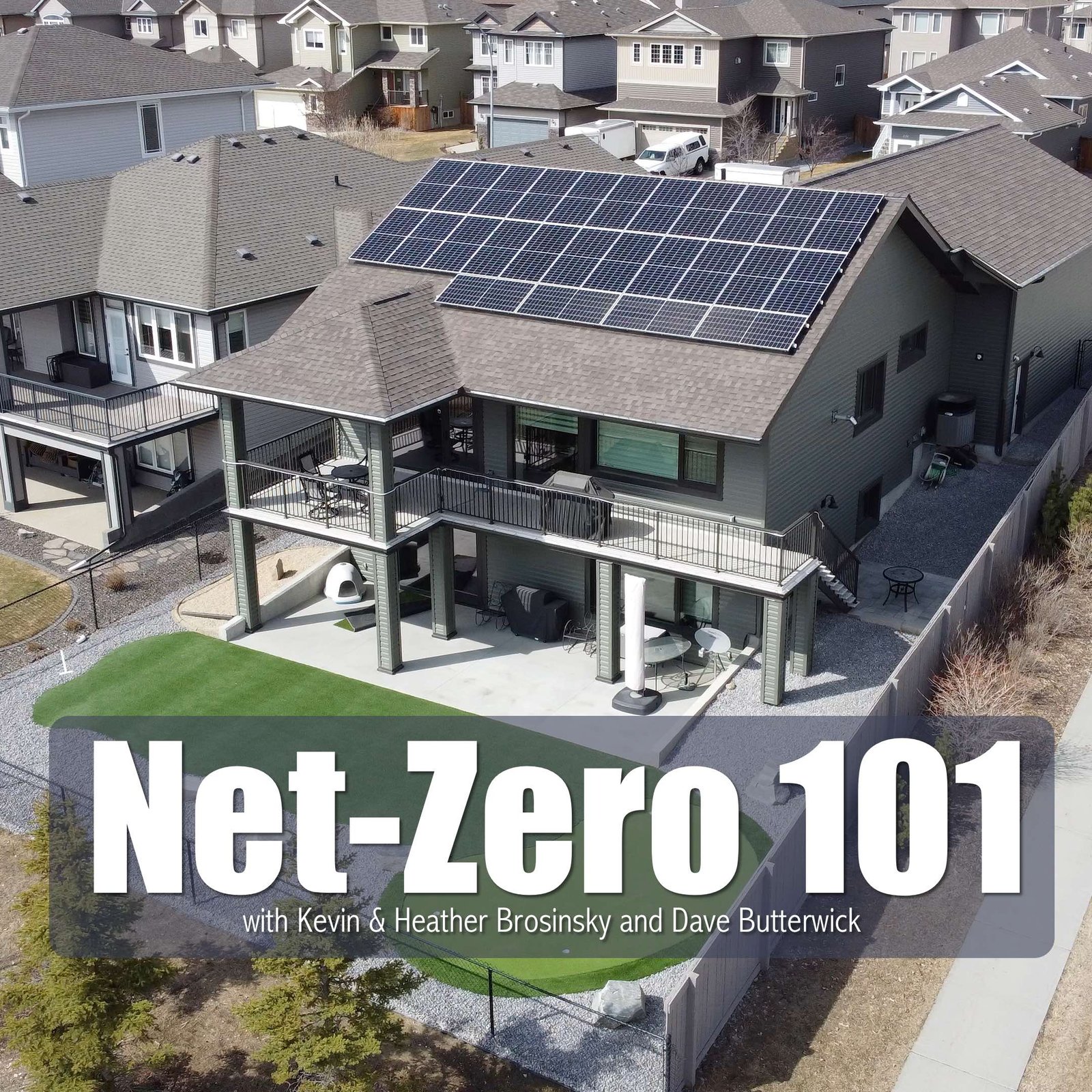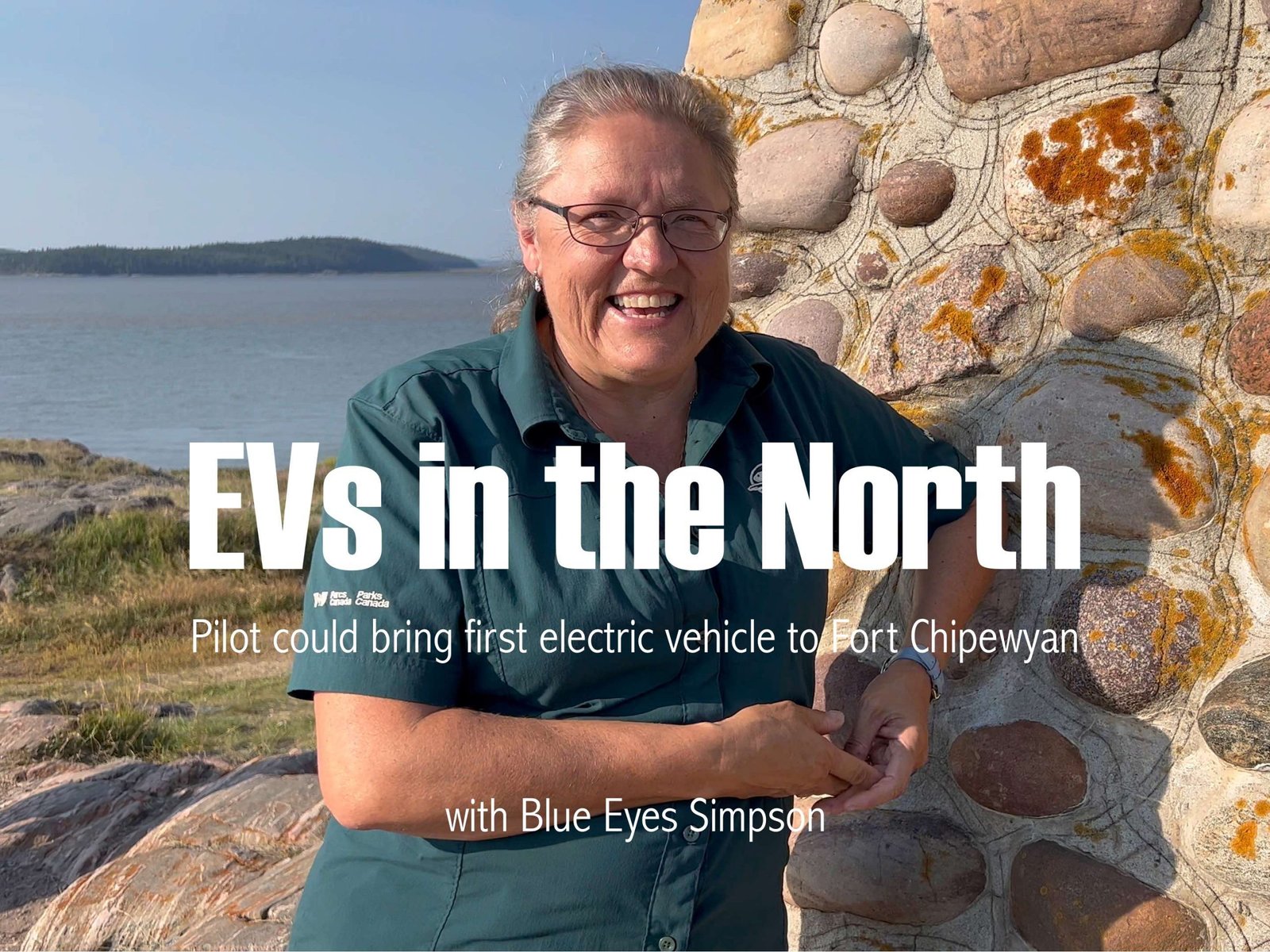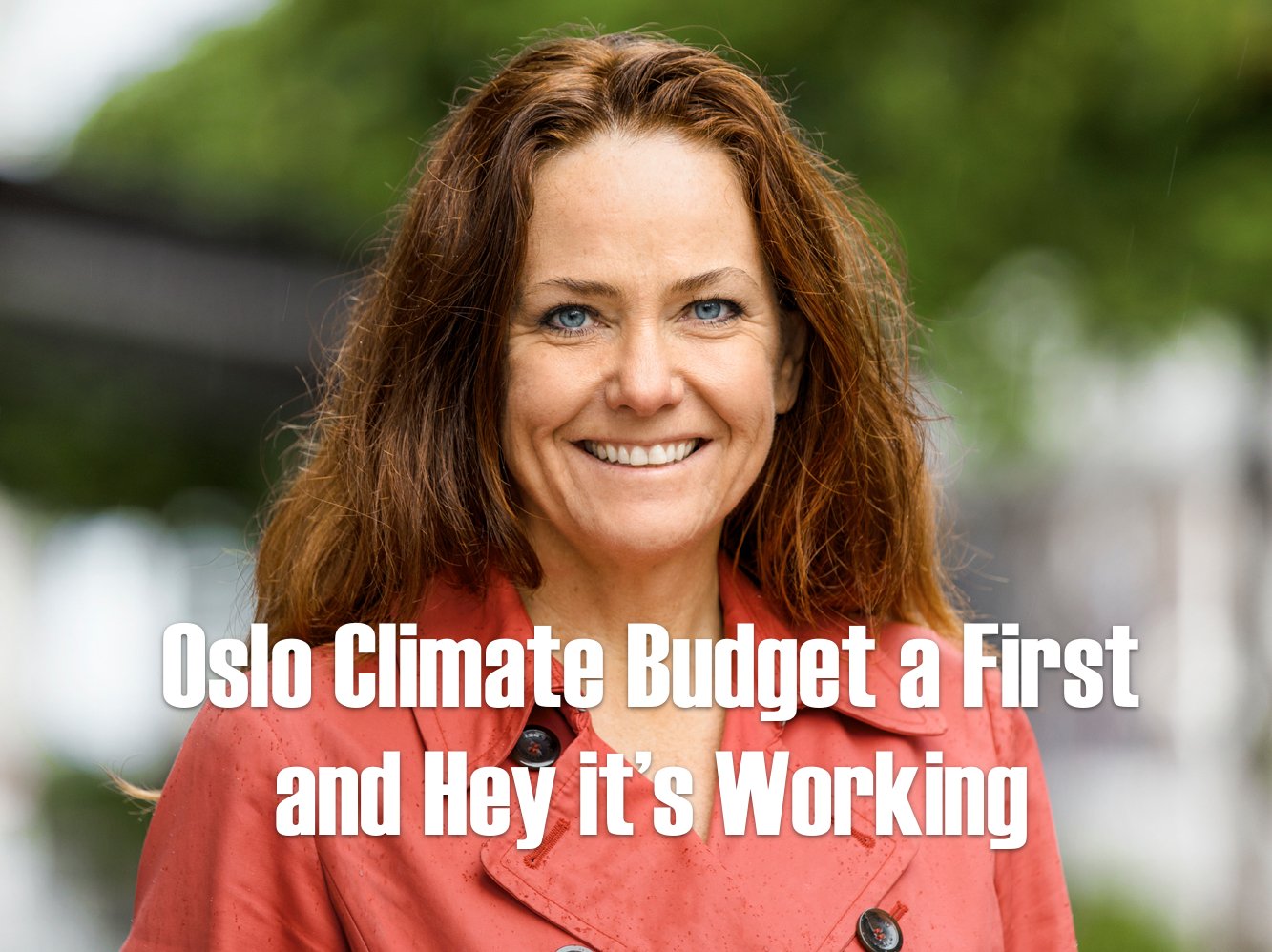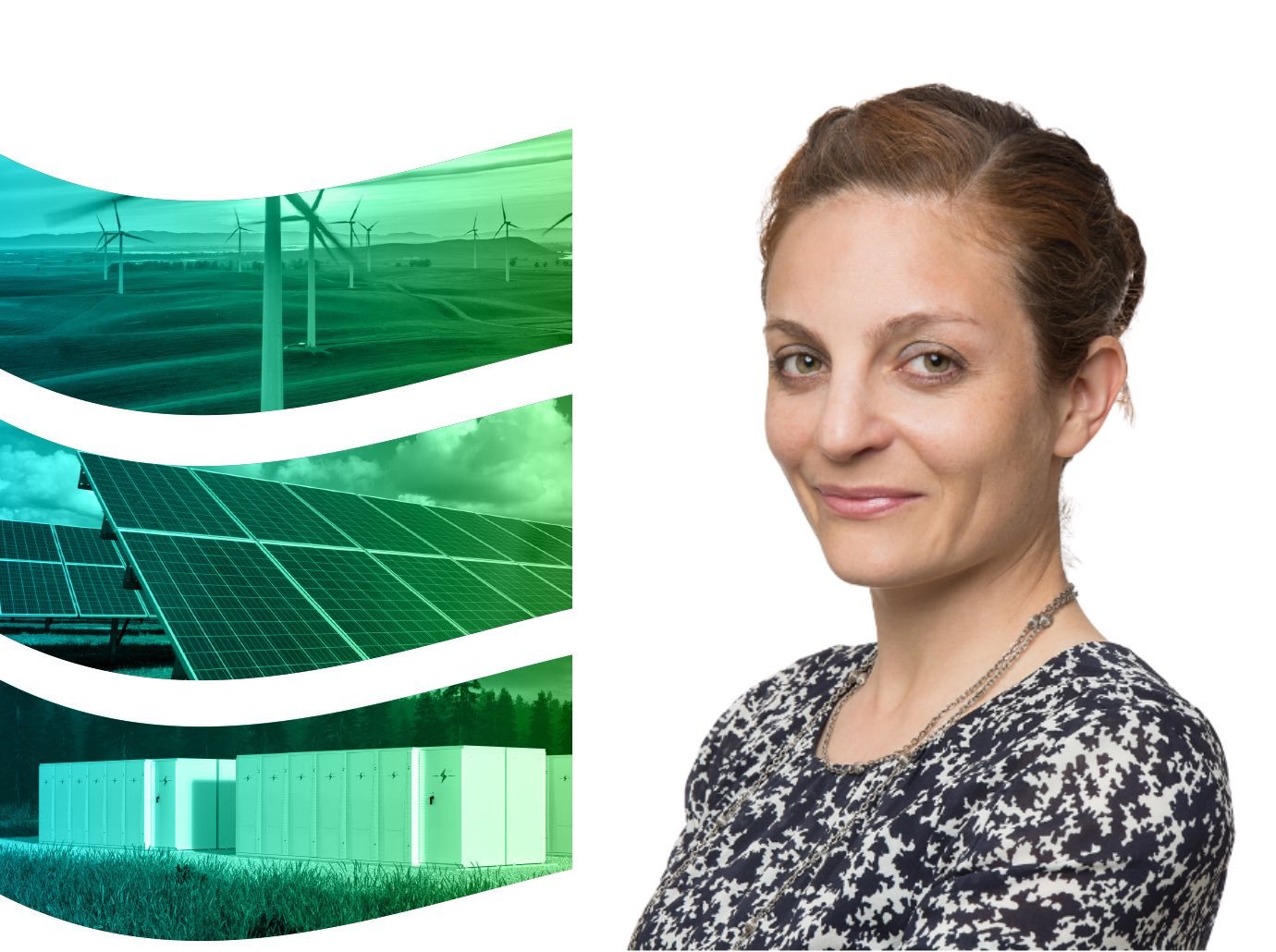By David Dodge, GreenEnergyFutures.ca RenuWell just might be the best example of energy transition imaginable, …
365. Deploy energy storage save $600 million, get to net-zero
By David Dodge, GreenEnergyFutures.ca At the Decentralised Energy Conference in November, Robert Tremblay of Energy …
364. Decentralised Energy Canada turns 20 – Interview with founder Anouk Kendall
By David Dodge, GreenEnergyFutures.ca I first met Anouk Kendall back in 2011 when she worked …
363. Year of the Heat Pump
Green Energy Futures · 363. The Year of the Heat Pump By David Dodge, GreenEnergyFutures.ca …
362. Bow Valley Green Energy Cooperative Rocking It
By David Dodge, GreenEnergyFutures.ca The Bow Valley Renewable Energy Cooperative was incorporated in May 2020 …
360. Red Deer’s Renewable Energy Fair reincarnated as the Energy Innovation Fair
Green Energy Futures · 360. Red Deer Energy Innovation Fair is back! By David Dodge, …
357. Cool ways community leagues are taking climate action
Changing for Climate Series * Sarah Delano pauses near a caragana bush at the side …
356. Hydrogen’s role in a zero-emissions future
Changing for Climate Series * Hydrogen is the most abundant element in the universe and …
355. Deep Energy Retrofitting 1953 Bungalow to Net-Zero
Changing for Climate Series * Jena and Jesse Tufts bought a 1953 semi-bungalow in Edmonton’s …
354. Metis Nation climate action helps the environment and creates jobs
Changing for Climate Series * The Métis Nation of Alberta (MNA) is taking climate change …
351. Rigs to renewables – One man’s journey
Changing for Climate Series * Lewis Lix got a job on the oil rigs in …
350. Solar City – Heather is one of thousands who’ve installed solar in Edmonton
Changing for Climate Series * Heather MacKenzie discovered the power of solar in 2016 when …
345. Salvation Army to save $6 million with net-zero-ready Grace Village
By David Dodge, GreenEnergyFutures.ca The Salvation Army owns 1,400 buildings in Canada. It is one …
340. Net-Zero 101 – Ultimate guide to cold climate homes
By David Dodge, GreenEnergyFutures.ca (Adapted from original article written for The Earth and I with …
337. A new regulation seeks to make Canada’s electricity grid net-zero by 2035
By David Dodge, GreenEnergyFutures.ca In 2021 Canada established an ambitious plan to transform Canada’s electricity …
335. Pilot could bring the first electric vehicle to Fort Chipewyan in Canada’s North
By David Dodge, GreenEnergyFutures.ca First the three nations of Fort Chipewyan formed Three Nations Energy …
334. Oslo Climate Budget a First and Hey it’s Working
By David Dodge, GreenEnergyFutures.ca Talk is cheap and there has been a long line of …
333. Just Transition – Political Theatre or the Way Forward?
By David Dodge, GreenEnergyFutures.ca The world’s economy is transitioning rapidly with a record $1.1 trillion …
329. It’s Go Time for Wind, Energy Storage and Solar says Bellissimo the new CEO of CanREA
By David Dodge, GreenEnergyFutures.ca “It’s go time for wind energy, energy storage, and solar energy,” …
328. Athabasca Chipewyan First Nation Goes Big With Solar
By David Dodge, GreenEnergyFutures.ca When we interviewed Chief Allan Adam of the Athabasca Chipewyan First …
